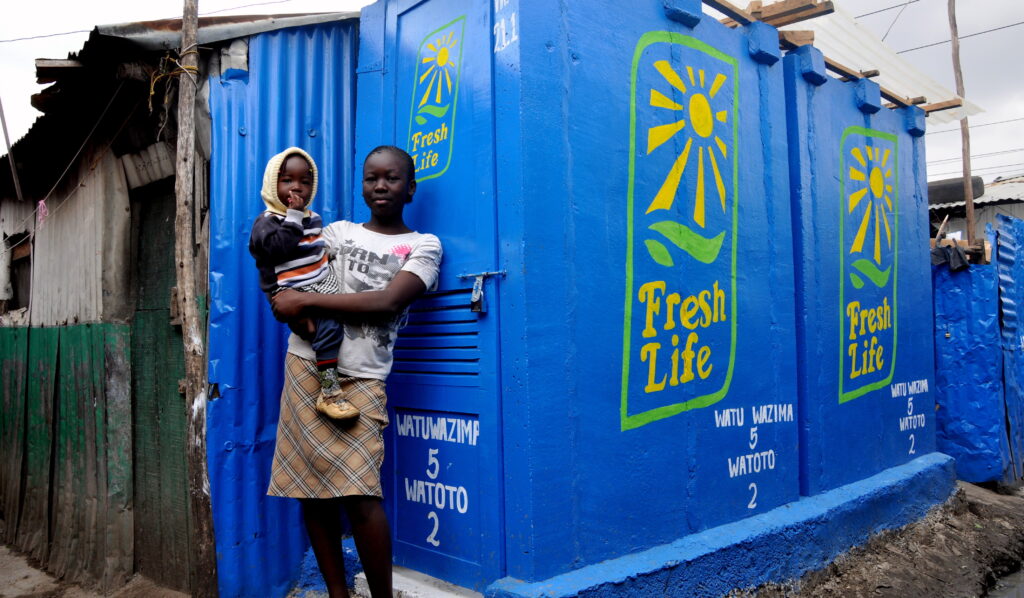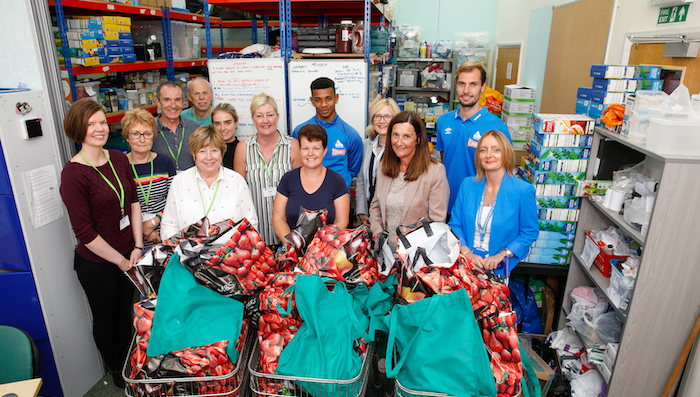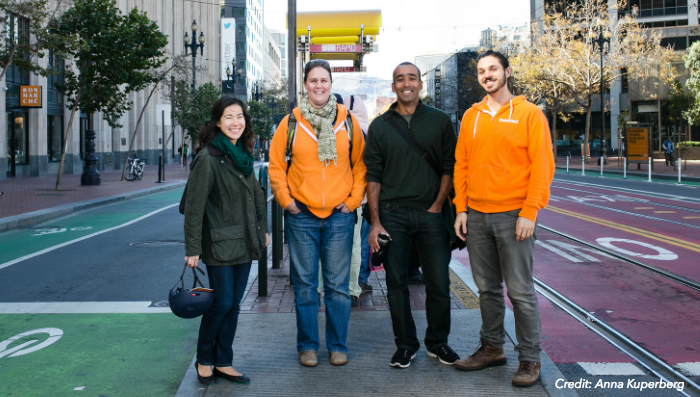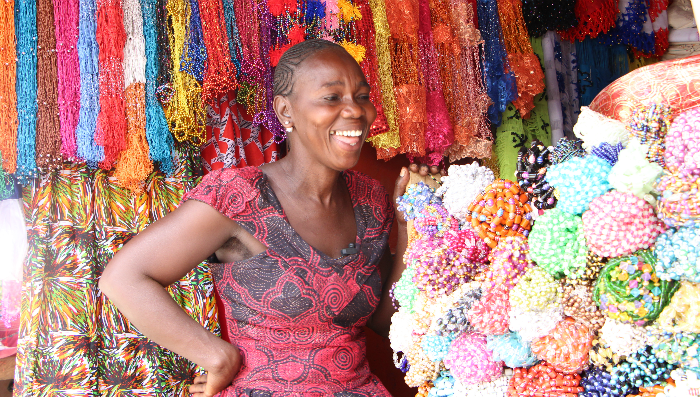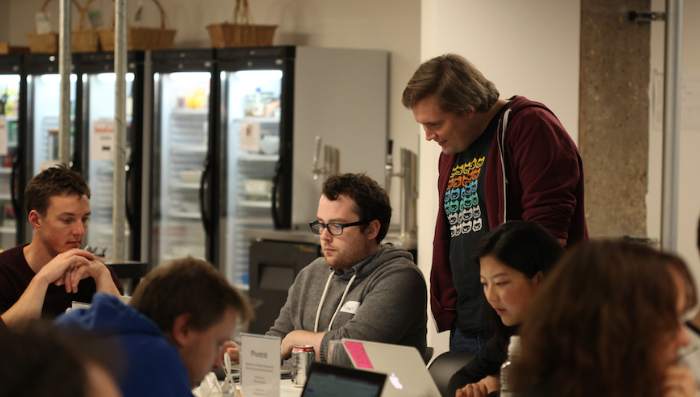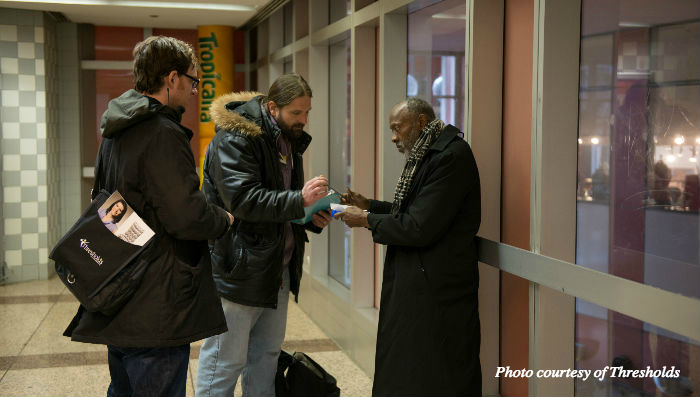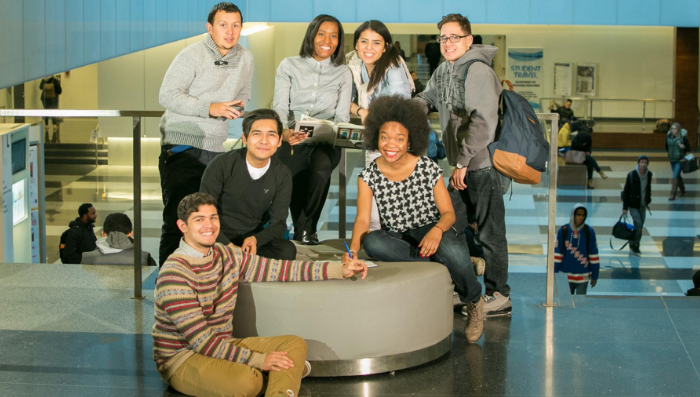Partner with New York, Seattle, New Orleans, and Microsoft to explore how data science can help the Vision Zero movement, which aims to reduce traffic-related deaths and severe injuries to zero
Help New York City’s Department of Transportation improve traffic safety on its streets by understanding what existing safety interventions are working and where there is potential for improvement so the city can better allocate resources
Inform Seattle’s Department of Transportation’s Bicycle and Pedestrian Safety Analysis to provide policy makers and engineers with actionable information to best allocate funding for future safety interventions and to find out what factors may contribute to crashes–such as traffic volume, street characteristics and environmental variables
Help the City of New Orleans’ Office of Performance Accountability understand how effective street treatments, like bike lanes, traffic signage and other interventions, are at preventing traffic injuries and fatalities to inform future efforts


